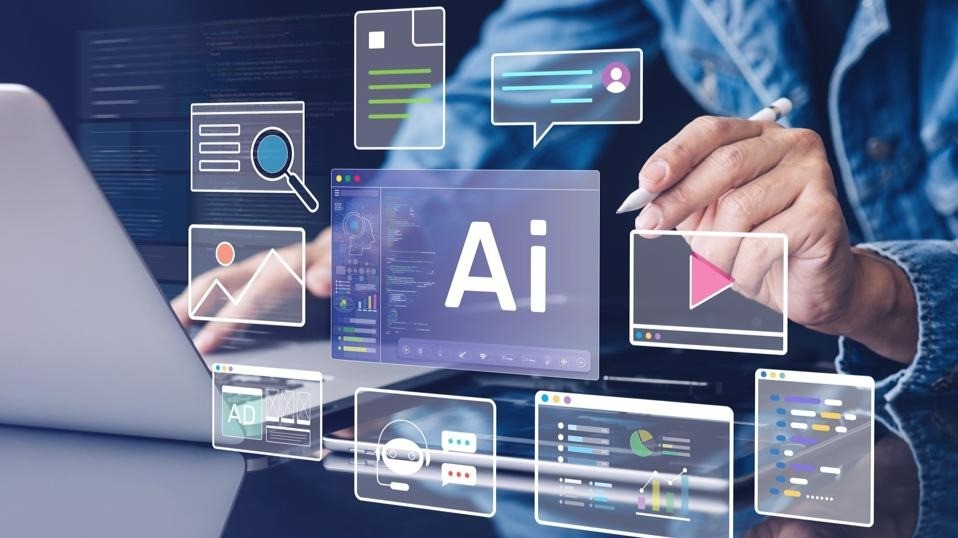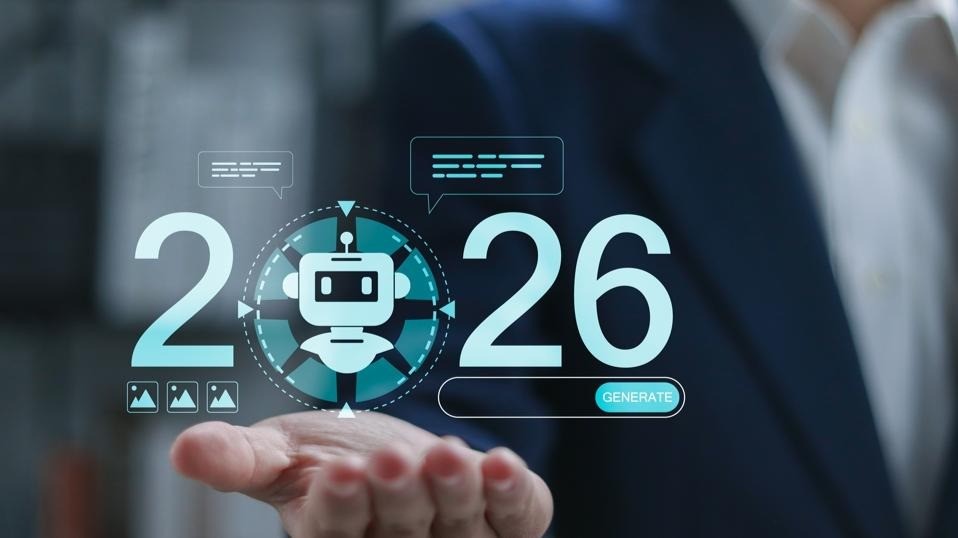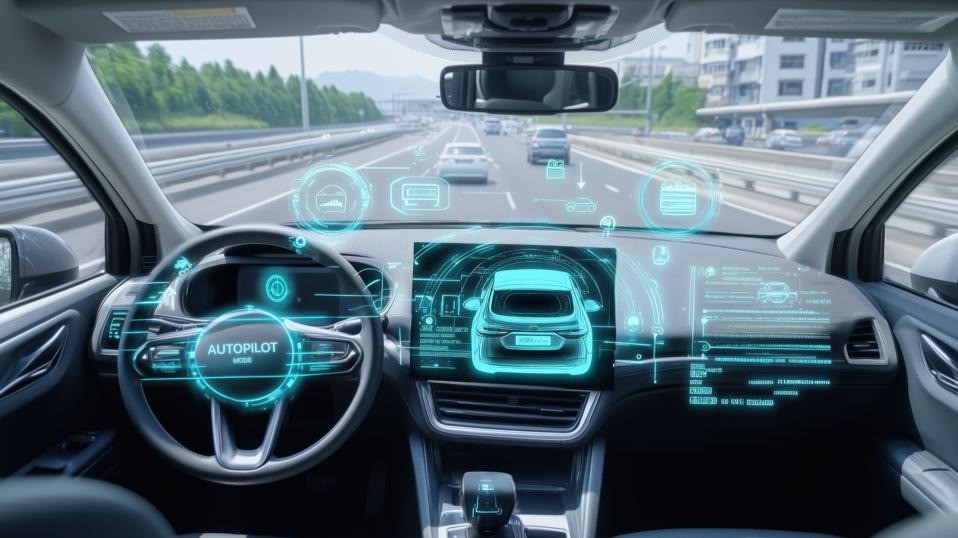How Robots, IoT And Artificial Intelligence Are Transforming The Police
2 July 2021
It’s happened. Arrests have been made thanks to the evidence collected from connected digital devices such as the Amazon dot and a Fitbit. This is just the tip of the transformation that law enforcement will experience because of the Internet of Things (IoT), artificial intelligence and robots. There are certainly benefits to applying this new technology to help fight crime, but it also raises some challenging questions regarding our right to privacy and security breaches.

Internet of Things Used to Help Fight Crime
Law enforcement agencies across the world are getting trained on what to look for at crime scenes and how to handle digital evidence. Gaming consoles, Echo devices and even Fitbits have provided valuable information to help solve crimes. Most people don’t comprehend the power of these connected devices to contradict alibis and catch lies. As our reliance on these digital devices for entertainment and convenience continues to grow—watches, phones, televisions, pacemakers and more—there will be a longer trail for detectives to analyse when trying to solve a crime.
It’s commonplace now for officers to have body cams on when on patrol. These cameras can provide another set of eyes to sort through an interaction after the fact and studies suggest they can improve self-awareness to prevent unacceptable behaviour from officers and those they interact with. Knowing these interactions will be recorded is a big deterrent for bad behaviour.
Some squad cars are equipped with GPS projectiles that can be shot via remote control and hook onto the back of an alleged perpetrator’s vehicle. These allow officers to know where a suspect is located and therefore prevent high-speed and dangerous car pursuits. Smart sensors have been developed that can be fixed to the inside of an officer’s gun to track how the gun is being used including whether it has been unholstered or discharged. This information could prove valuable in criminal trials.
Artificial Intelligence Aids in Predictive Policing
Several law enforcement agencies have dabbled in predictive policing including my customer the UK police in the city of Durham, England. They used a system called Hart (Harm Assessment Risk Tool) that classifies individuals and ranks the probability that they will commit another offence in the future. The system was fed data gathered between 2008-2013 and assesses people based on severity of the current crime, criminal history, flight risk and more. Although Hart’s forecasts were accurate a high percentage of the time, there are other studies that warn of using algorithms and predictive software tools because they flag minority defendants as high risk at double the rate of white defendants. One such study from ProPublica shows the human bias that is injected into such formulas because the flawed judgement of humans was used to create the programmes in the first place.
Agencies across the world are moving toward more data-driven approaches to solving crimes. Machine learning is particularly skilled at identifying patterns and can be quite useful when trying to discern a modus operandi (M.O.) of an offender. Digital tools can speed up this work and find connections that might take humans much longer to uncover. In the future, these types of algorithms might prove useful to detect serial crimes committed by the same individual or group.
Robo Cops Make their Debut
There’s a new officer in Dubai to help fight crime, but although he wears a police cap, he’s 100% robot. Dubai police plan to have robotic officers make up a quarter of the force by 2030. It can speak six languages and is designed to read facial expressions. It has a computer touch screen where people can report a crime. The robot is deployed mainly to tourist spots and is equipped with a camera that sends live images back to police headquarters to identify wanted suspects. Although the robo cop can help deter crime and relieve some tasks from its human counterparts, humans are still expected to make arrests.
Other robots are deployed around the world to collect evidence, investigate and detonate bombs and for crowd control among other tasks. That hasn’t stopped more than a thousand robotic experts such as Elon Musk and Stephen Hawking to warn against arming machines without human control.
As with any adoption of artificial intelligence and the Internet of Things, there are questions to ask and answer and concerns to address. Law enforcement agencies across the world are grappling with these and trying to find the right balance to take advantage of the benefits of this technology to fight and solve crime while preserving privacy and security.
Related Articles
10 Generative AI Trends In 2026 That Will Transform Work And Life
By now, “smart” versions exist of just about every home appliance, gadget and gizmos we can think of. However, manufacturers continue[...]
Dreamforce 2025 Proved The Agentic Enterprise Has Arrived
By now, “smart” versions exist of just about every home appliance, gadget and gizmos we can think of. However, manufacturers continue[...]
The 8 Biggest AI Agent Trends for 2026 That Everyone Must Be Ready For
By now, “smart” versions exist of just about every home appliance, gadget and gizmos we can think of. However, manufacturers continue[...]
7 Workplace Trends That Will Define 2026
By now, “smart” versions exist of just about every home appliance, gadget and gizmos we can think of. However, manufacturers continue[...]
Is Autonomous Driving Ever Going To Happen?
By now, “smart” versions exist of just about every home appliance, gadget and gizmos we can think of. However, manufacturers continue[...]
AI And The End Of Progress? Why Innovation May Be More Fragile Than We Think
By now, “smart” versions exist of just about every home appliance, gadget and gizmos we can think of. However, manufacturers continue[...]
Sign up to Stay in Touch!
Bernard Marr is a world-renowned futurist, influencer and thought leader in the fields of business and technology, with a passion for using technology for the good of humanity.
He is a best-selling author of over 20 books, writes a regular column for Forbes and advises and coaches many of the world’s best-known organisations.
He has a combined following of 4 million people across his social media channels and newsletters and was ranked by LinkedIn as one of the top 5 business influencers in the world.
Bernard’s latest book is ‘Generative AI in Practice’.










Social Media